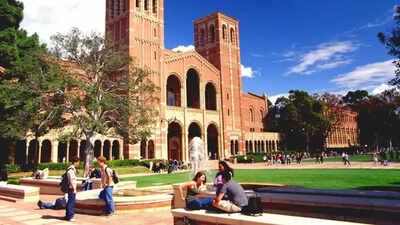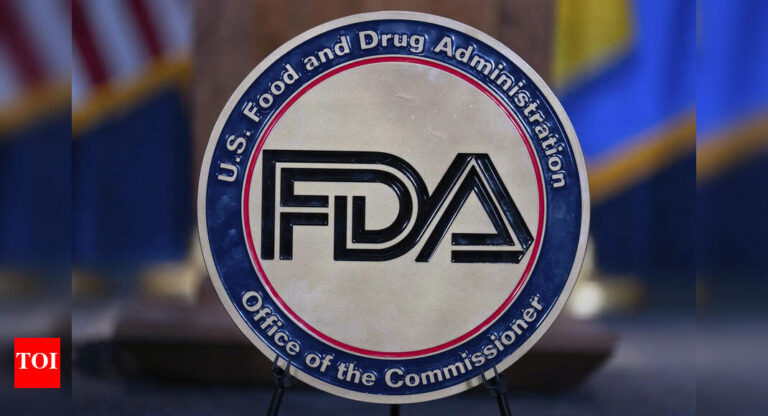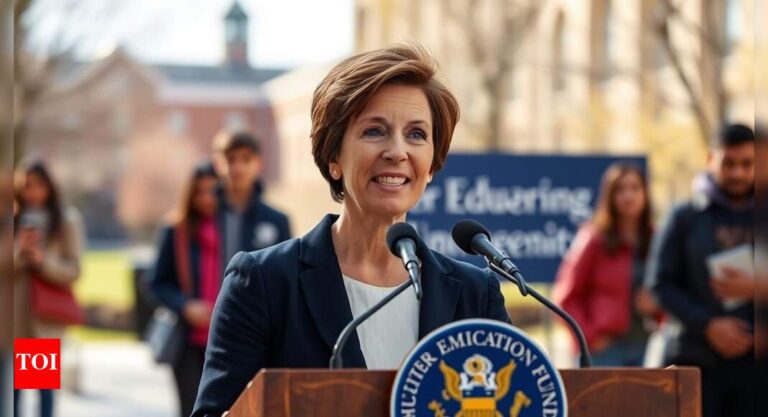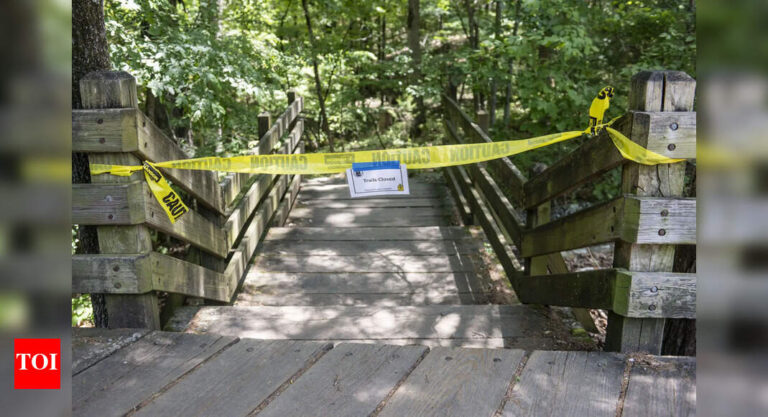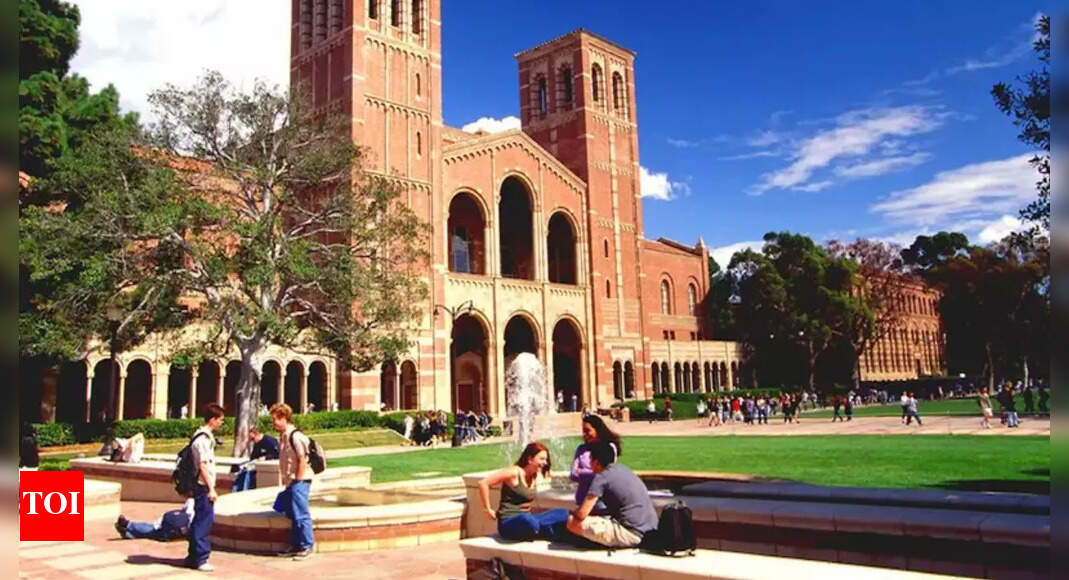
The University of California, Los Angeles (UCLA) is facing the most significant federal funding freeze in its history, with nearly $200 million in science, medical, and academic research grants suspended by the Trump administration. The decision, reported by both The New York Times and The Los Angeles Times, comes amid accusations that UCLA has failed to combat antisemitism on campus and has engaged in race-based admissions practices.The move is part of a broader campaign by the administration to reshape elite higher education institutions, raising concerns about political interference, academic freedom, and the future of federally funded research.
What’s being cut and why
According to The Los Angeles Times, an estimated 300 grants from the National Science Foundation (NSF) totaling $180 million have been canceled. Around half of those funds had already been disbursed; the remaining amount was expected by faculty and researchers in the coming months. The full amount of canceled grants, including additional funding from the National Institutes of Health (NIH) and other agencies, brings the total closer to $200 million, based on documents reviewed by The Times.In a letter to Chancellor Julio Frenk, the NSF said the decision was based on findings that UCLA “continues to engage in race discrimination including in its admissions process, and in other areas of student life.” NIH has not publicly responded to requests for comment, as noted by The New York Times.
Legal and political backdrop
The cuts follow months of controversy surrounding how UCLA handled campus protests in the aftermath of the October 7, 2023 Hamas attack on Israel, and Israel’s military operations in Gaza. Attorney General Pam Bondi, in a statement this week, said UCLA showed “deliberate indifference” toward antisemitic incidents reported by Jewish and Israeli students and would “pay a heavy price” for failing to protect their civil rights.According to The New York Times, the Department of Justice also determined that the university violated civil rights laws by not properly addressing student complaints of antisemitism.Earlier this week, UCLA agreed to pay more than $6 million to settle a lawsuit filed by Jewish students and a professor who said the university permitted a hostile and unsafe protest environment. Chancellor Frenk has stated the university is taking “concrete action,” including the creation of a new Office of Campus Safety.
Wider pattern of federal scrutiny
UCLA is not the only university under pressure. Schools like Columbia, the University of Pennsylvania, Harvard, and Brown have faced similar accusations and threats of funding cuts. In some cases, these institutions have entered into settlements with the federal government, agreeing to review policies on admissions, discipline, DEI (diversity, equity, and inclusion), and antisemitism prevention.Until now, however, the administration’s campaign had largely focused on East Coast universities. UCLA is the first major West Coast institution to face such sweeping financial retaliation.
What this means for students and research
The fallout is likely to be severe for thousands of graduate students, postdoctoral researchers, and faculty whose projects are sustained by federal grants. Funding from the NSF and NIH is vital for fields like biomedicine, public health, engineering, environmental science, and AI.Chancellor Frenk, in a message to the campus community on Thursday (as cited by both The New York Times and The Los Angeles Times), warned that the cuts would do little to address discrimination and instead “defund life-saving research.” He called the decision “a loss for Americans across the nation.”
What’s at stake for students and research
As the Trump administration widens its campaign to regulate what it sees as ideological excesses in higher education, the consequences are becoming tangible—especially for the next generation of scientists and scholars. The UCLA case shows how debates over campus climate and civil rights are now tied directly to billions in federal research funding.With the 2026 elections approaching, experts warn that more universities may soon face similar ultimatums. For students, faculty, and the broader research ecosystem, the challenge ahead will be balancing institutional reform with the preservation of academic freedom and scientific progress.TOI Education is on WhatsApp now. Follow us here.

